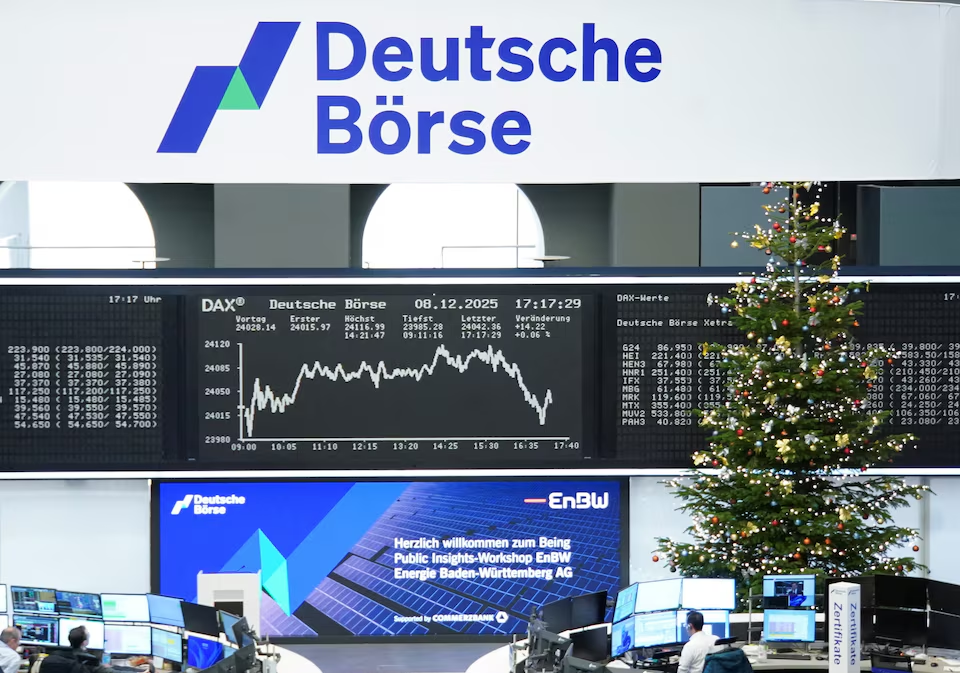Nigeria’s manufacturing industry is undergoing a dramatic financing shift as leading companies abandon traditional bank loans in response to soaring interest rates. What began as a cautious pullback has now evolved into a full-scale strategy across the sector, reshaping corporate finance and signaling a broader economic transformation.
Manufacturers have significantly reduced their reliance on bank credit, with combined loans dropping sharply from the previous year. The high cost of borrowing—fueled by elevated monetary policy rates and commercial lending rates that often exceed 30 percent—has made bank financing increasingly unattractive. To avoid locking into expensive debts, manufacturers are turning to alternative funding channels such as corporate bonds, equity capital, and retained earnings.
This strategic move is already showing results. Across the sector, financing costs have declined dramatically. Companies that previously battled escalating interest expenses are now reporting substantial drops in their finance charges. Firms like Nestlé and BUA Foods have recorded notable reductions in their borrowing costs, reflecting a broader trend of deleveraging and financial restructuring.
Despite reducing loans, manufacturers are posting their strongest earnings in years. Combined turnover across major firms has risen impressively, while the sector has rebounded from previous losses to report multitrillion-naira profits. This turnaround is partly attributed to improved foreign exchange stability, better cost management, and stronger macroeconomic conditions. However, analysts caution that these gains are fragile, as input costs remain high and inflation continues to pressure operational expenses.
Some of Nigeria’s biggest names in manufacturing have taken even more decisive steps. Companies such as Dangote Cement, Guinness, Dangote Sugar, and International Breweries have avoided fresh bank loans entirely in the recent period, signaling a growing preference for alternative financing rather than traditional commercial bank credit.
Experts argue that this shift is both logical and inevitable. With borrowing costs at record highs, manufacturers are simply responding to market realities. According to financial analysts, high interest rates have discouraged borrowing to the extent that banks risk becoming disconnected from the real sector of the economy. Others note that manufacturers are acting prudently by avoiding long-term commitments at a time when monetary tightening remains aggressive.
However, the trend presents challenges. If manufacturers continue to shun bank loans, commercial banks may experience slower loan growth and reduced interest income, potentially affecting their profitability. At the same time, reduced access to affordable credit could limit expansion, innovation, and job creation in the industrial sector if alternative financing options fail to keep pace with demand.
Industry experts are calling for targeted interventions, including development finance programs, lower-rate credit windows, and credit-guarantee schemes to support manufacturers. Without these measures, the disconnect between banks and producers could deepen, affecting long-term industrial growth.
The shift away from bank loans marks a defining moment for Nigeria’s manufacturing landscape. While the move offers immediate financial relief and boosts profits, the long-term implications depend on policy adjustments, interest-rate stability, and the availability of sustainable financing alternatives. What is clear, however, is that manufacturers are rewriting their financial playbook—and banks and policymakers must adapt quickly to keep pace with the changing dynamics of Nigeria’s evolving economy.



